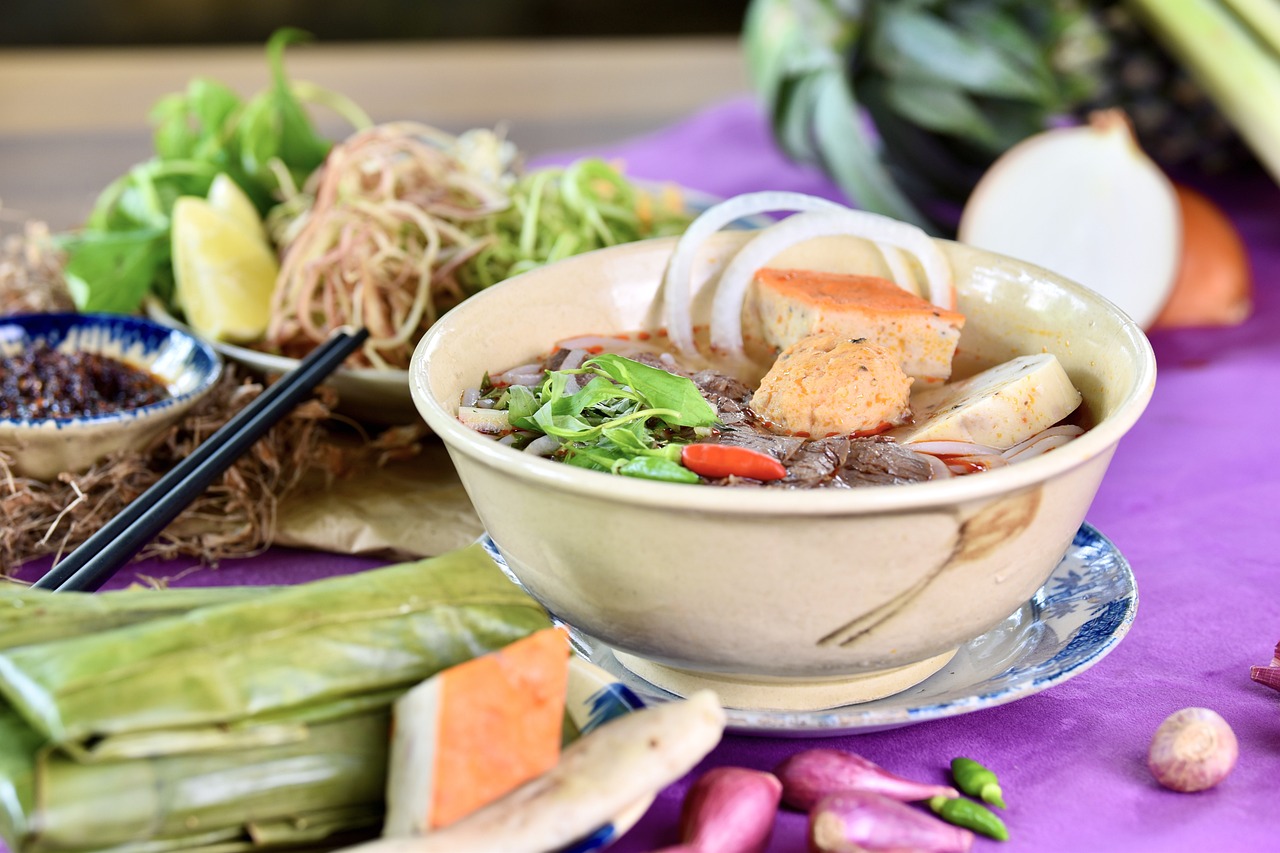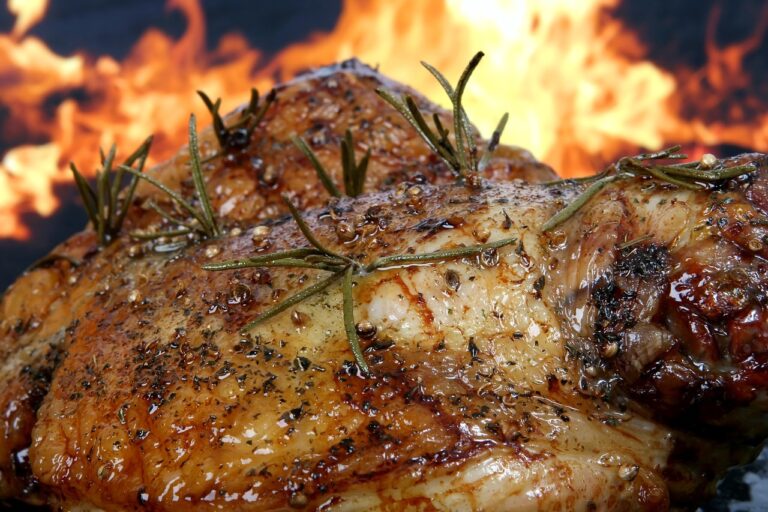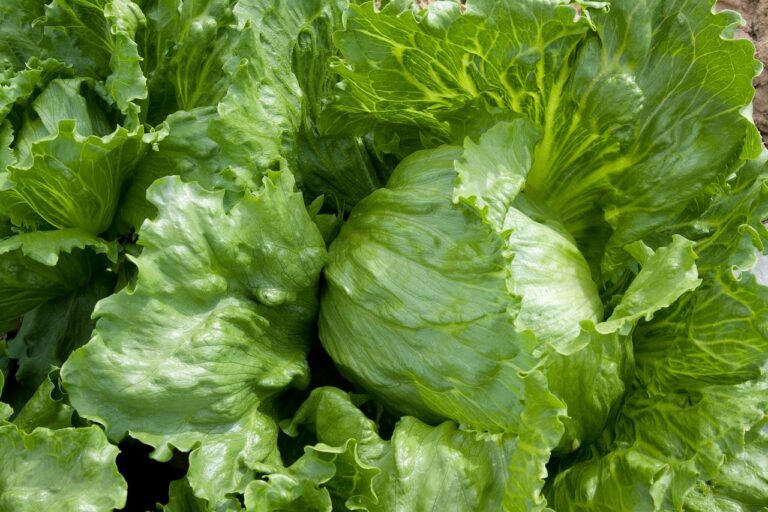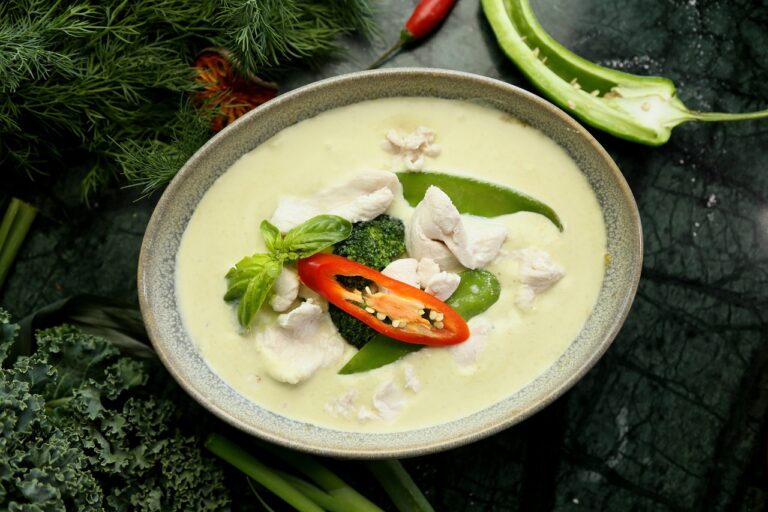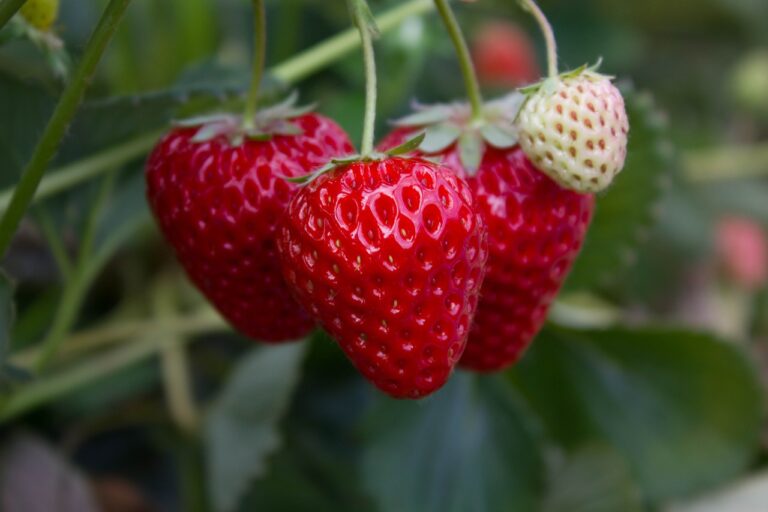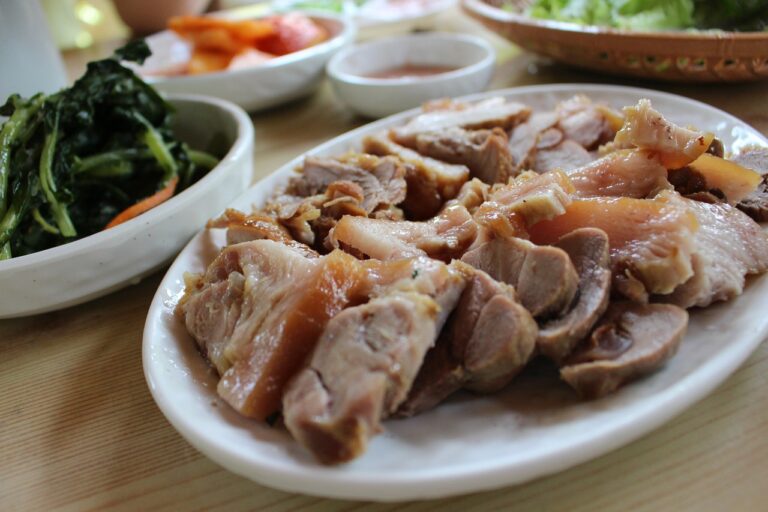The Role of Food in Celebrations and Rituals Around the World
Food holds a unique power to bring people together, transcending cultural boundaries and conveying emotions that words sometimes fail to express. In celebrations, the act of gathering around a table to share a meal fosters a sense of unity and strengthens bonds among individuals. It is through the act of breaking bread together that relationships are formed and strengthened, making food an essential element in any festive occasion.
The flavors and aromas of traditional dishes serve as a reminder of heritage and customs passed down through generations. In many cultures, specific foods are prepared for certain celebrations, each dish carrying its own significance and history. These culinary traditions not only connect individuals to their past but also serve as a way to celebrate their identity and showcase their unique cultural heritage.
Different Types of Foods Used in Various Celebrations
Food holds a special place in various celebrations around the world. From birthdays to weddings, and religious festivals to holidays, the types of foods served can vary greatly depending on the cultural significance of the event. In many cultures, specific dishes are prepared to honor traditions and bring people together in celebration.
In some celebrations, a feast of rich and indulgent foods is prepared to symbolize abundance and prosperity. These dishes often include ingredients that are considered luxurious or special, creating a sense of opulence and joy during the festivities. On the other hand, certain celebrations may focus on simple and traditional foods that hold deep symbolic meanings, connecting participants to their heritage and ancestors.
• In Chinese New Year celebrations, dumplings are often served to symbolize wealth and prosperity
• During Thanksgiving in the United States, turkey is a traditional dish that represents abundance and gratitude
• Diwali, a Hindu festival of lights, features sweets like ladoos and jalebis to signify sweetness and good luck
• In Japan, mochi is commonly eaten during the New Year to bring good fortune for the coming year
The Symbolism of Food in Rituals and Traditions
In many cultures around the world, food holds a deep significance in various rituals and traditions. It is not just about nourishment but also about symbolism and meaning. The types of food chosen and the way they are prepared often carry historical, cultural, and religious significance that adds layers of meaning to the occasion.
For instance, in certain celebrations, the act of sharing specific foods with loved ones symbolizes unity and togetherness. The communal aspect of eating together reinforces bonds between individuals and strengthens the sense of belonging to a community. Additionally, the ingredients used in preparing certain dishes may represent values such as prosperity, luck, or purity, reinforcing the desired outcomes for the celebration.
Why does food play such a central role in celebrations?
Food is often seen as a way to bring people together and create a sense of community during celebrations. It can also symbolize abundance, prosperity, and blessings.
What are some different types of foods used in various celebrations?
Different cultures and traditions have specific foods that are traditionally prepared and consumed during celebrations. For example, in Chinese culture, dumplings are often eaten during the Lunar New Year for good luck and prosperity.
How is food used symbolically in rituals and traditions?
Food can symbolize a variety of things in rituals and traditions, such as fertility, purity, and prosperity. For example, in some cultures, certain foods are offered to deities as a sign of respect and gratitude.
Can you give an example of how food is used symbolically in a specific ritual?
In the Jewish tradition of Passover, unleavened bread, known as matzah, is eaten to symbolize the haste in which the Israelites left Egypt. This bread serves as a reminder of their ancestors’ journey to freedom.
Why is it important to understand the symbolism of food in rituals and traditions?
Understanding the symbolism of food in rituals and traditions can help us appreciate the cultural significance of these practices and deepen our understanding of the values and beliefs of different cultures.

